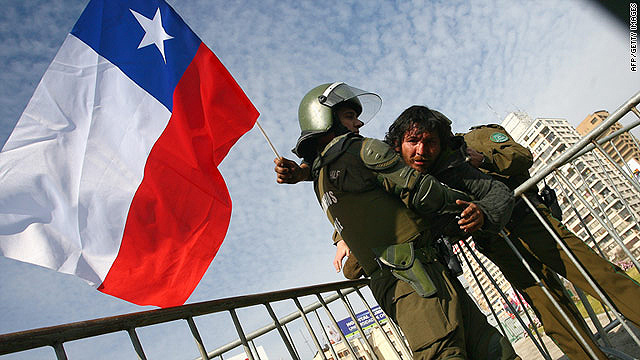By: Jessica Ties
Impunity Watch, Asia
BEIJING, China – Beijing is proposing a change in the criminal code that would allow suspects to be detained in an undisclosed location for up to six months without notification being given to family members or lawyers.

The proposed changes would essentially codify the longstanding and much criticized practice of detaining individuals for extended periods of time in unknown locations and without giving loved ones or attorney’s notification of their whereabouts or the reason for their detention.
Chinese law currently allows a suspect to serve up to six months of house arrest without being formally charged. The proposed change in the law would substitute house arrest with detention at a secret location in cases involving national security, terrorism and bribery when the police believe that holding the suspect at home would put a burden on the investigation.
In China, national security crimes encompass subversion which is frequently used to detain dissidents. Under this scheme rights activists and political commentators will be especially susceptible to the new amendment which will first have to be approved by the National People’s Congress.
According to Legal Daily, an official Chinese newspaper, in which the proposed change in the law was announced, the location of the detention would not be a “regular detention center or police station.” It is also reported that prior to detaining an individual under the proposed amendment, the police would be required to obtain permission from either a prosecutor or a public security agency.
Nicholas Bequelin, Human Rights Watch Senior Asia Researcher, stated that the changes would be a “worrisome expansion of the power of the police” and would violate international laws which require a court decision before an individual can be deprived of their freedom.
Some rights activists suggest that China’s attempt to amend the law is a result of widespread criticism the country has received from Western nations for their treatment of dissidents and that Beijing hopes to alleviate the criticism by legalizing the practice of forced disappearances and thereby strengthening China’s argument that their actions are not illegal.
This new proposal is believed to be another result of the call made for a “Jasmine” revolution last February in which Chinese citizens called for an uprising against the government. In the wake of February’s call for revolution, the Chinese government has cracked down on dissident voices, rights activists and lawyers. Many of these individuals, most notably artist Ai Weiwei, were detained in secret locations without notification being given to their families.
For more information, please see:
Reuters – China Announces Plans to Boost Secret Detention Powers – 30 August 2011
Irish Times – Beijing Considering Move That Would Allow Secret Detentions – 29 August 2011
Los Angeles Times – China’s Plan for Secret Detentions Alarms Rights Activists – 28 August 2011
Radio Free Asia – China May Legalize Secret Detentions – 28 August 2011
AFP – China May Legalize Secret Detentions – 27 August 2011



